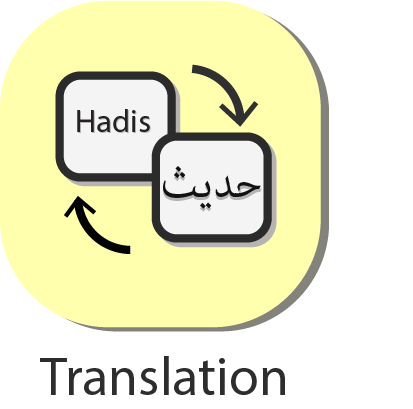1647 - Surah Al-A'raaf
DAILY MOTIVATION more
_______________________________________________
Edited on 5 April 2018
News 1 : 2 : 3
_______________________________________________
_______________________________________________
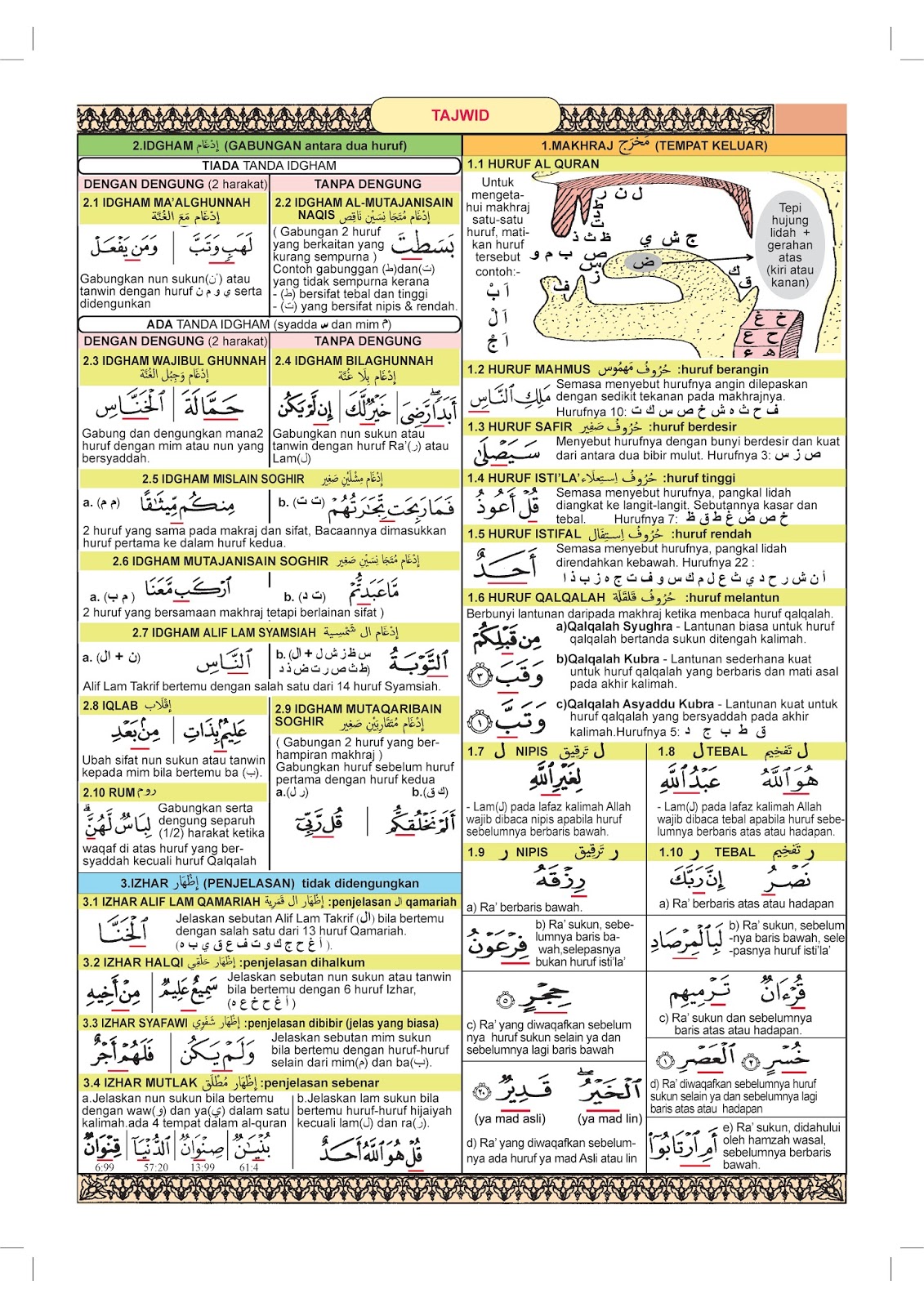

_______________________________________________
_______________________________________________
_______________________________________
Tafsir Muyassar تفسير المیسر
Saheeh International
Basmeih
Ma Jian
E......ARABIC : ENGLISH : MALAY : CHINESE
Tafsir Muyassar تفسير المیسر : Saheeh International : Basmeih : Ma Jian
_____________________________________________
Tafsir Muyassar تفسير المیسر
_______________________________________
_______________________________________
Saheeh International
_____________________________________________
_____________________________________________
Basmeih
______________________________________________
_____________________________________________
Ma Jian
______________________________________________
______________________________________________
E......ARABIC : ENGLISH : MALAY : CHINESE
Tafsir Muyassar تفسير المیسر : Saheeh International : Basmeih : Ma Jian
______________________________________________
______________________________________________
3. LEARN ARABIC : OTHER LANGUAGES






|
فعل
مجهول
مضارع |
فعل
مجهول
ماض |
فعل
معلوم
مضارع |
فعل
معلوم
ماض |
|
|
يُفْعَلُ |
فُعِلَ |
يَفْعَلُ |
فَعَلَ |
I |
|
يُفَعَّلُ |
فُعِّلَ |
يَفَعِّلُ |
فَعَّلَ |
II |
|
يُفَاعَلُ |
فُوْعِلَ |
يُفَاعِلُ |
فَاعَلَ |
III |
|
يُفْعَلُ |
أُفْعِلَ |
يُفْعِلُ |
أَفْعَلَ |
IV |
|
يُتَفَعَّلُ |
تُفُعِّلَ |
يَتَفَعَّلُ |
تَفَعَّلَ |
V |
|
يُتَفَاعَلُ |
تُفُوعِلَ |
يَتَفَاعَلُ |
تَفَاعَلَ |
VI |
|
يُنْفَعَلُ |
أُنْفُعِلَ |
يَنْفَعِلُ |
إِنْفَعَلَ |
VII |
|
يُفْتَعَلُ |
أُفْتُعِلَ |
يُفْتَعِلُ |
إِفْتَعَلَ |
VIII |
|
يُفَعَّلُ |
أُفْعِلَّ |
يَفْعَلُّ |
إِفْعَلَّ |
IX |
|
يُسْتَفْعَلُ |
أُسْتُفْعِلَ |
يَسْتَفْعِلُ |
إِسْتَفْعَلَ |
X |
|
مصدر |
فعل
النهي |
فعل
الأمر |
|
|
فَعْلٌ |
لاَتَفْعَلْ |
إِِفْعَلْ |
I |
|
تَفْعِيْلٌ |
لاَتُفَعِّلْ |
فَعِّلْ |
II |
|
مُفَاعَلَةٌ |
لاَتُفَاعِلْ |
فَاعِلْ |
III |
|
إِفْعَالٌ |
لاَتُفْعِلْ |
أَفْعِلْ |
IV |
|
تَفَعُّلٌ |
لاَتَتَفَعَّلْ |
تَفَعَّلْ |
V |
|
تَفَاعُلٌ |
لاَتَتَفَاعَلْ |
تَفَاعَلْ |
VI |
|
إِنْفِعَالٌ |
لاَتَنْفَعِلْ |
إِنْفَعِلْ |
VII |
|
إِفْتِعَالٌ |
لاَتَفْتَعِلْ |
إِفْتَعِلْ |
VIII |
|
إِفْعِلاَلٌ |
|
|
IX |
|
إِسْتِفْعَالٌ |
لاَتَسْتَفْعِلْ |
إِسْتَفْعِلْ |
X |
|
إسم
الألة |
إسم
المكن
الزمان |
إسم
المفعول |
إسم
الفاعل |
|
|
مِفْعَلٌ |
مَفْعَلٌ |
مَفْعُولٌ |
فَاعِلٌ |
I |
|
|
مُفَعَّلٌ |
مُفَعَّلٌ |
مُفَعِّلٌ |
II |
|
|
مُفَاعَلٌ |
مُفَاعَلٌ |
مُفَاعِلٌ |
III |
|
|
مُفَعَلٌ |
مُفْعَلٌ |
مُفْعِلٌ |
IV |
|
|
مُتَفَعَّلٌ |
مُتَفَعَّلٌ |
مُتَفَعِّلٌ |
V |
|
|
مُتَفَاعَلٌ |
مُتَفَاعَلٌ |
مُتَفَاعِلٌ |
VI |
|
|
مُنْفَعَلٌ |
مُنْفَعَلٌ |
مُنْفَعِلٌ |
VII |
|
|
مُفْتَعَلٌ |
مُفْتَعَلٌ |
مُفْتَعِلٌ |
VIII |
|
|
مُفْعَلٌ |
مُفْعَلٌ |
مُفْعِلٌ |
IX |
|
|
مُسْتَفْعَلٌ |
مُسْتَفْعَلٌ |
مُسْتَفْعِلٌ |
X |
_______________________________________________
_______________________________________________
4. ANSWERING CRITIQUES ON ISLAM
_______________________________________________
_______________________________________________
_______________________________________________
_______________________________________________
_______________________________________________
_______________________________________________
_______________________________________________
_______________________________________________
_______________________________________________
_______________________________________________
١٦٤
164
Hadith : Conversation
Hadis : Perbualan
_______________________________________________
_______________________________________________
_______________________________________________
_______________________________________________
_______________________________________________
_______________________________________________
World Islamic History :
5/9/780 - 25/8/781 CE
_______________________________________________
_______________________________________________
_______________________________________________
_______________________________________________
_______________________________________________
_______________________________________________
Nicosia : Cyprus
Southern Europe
Brief Introduction
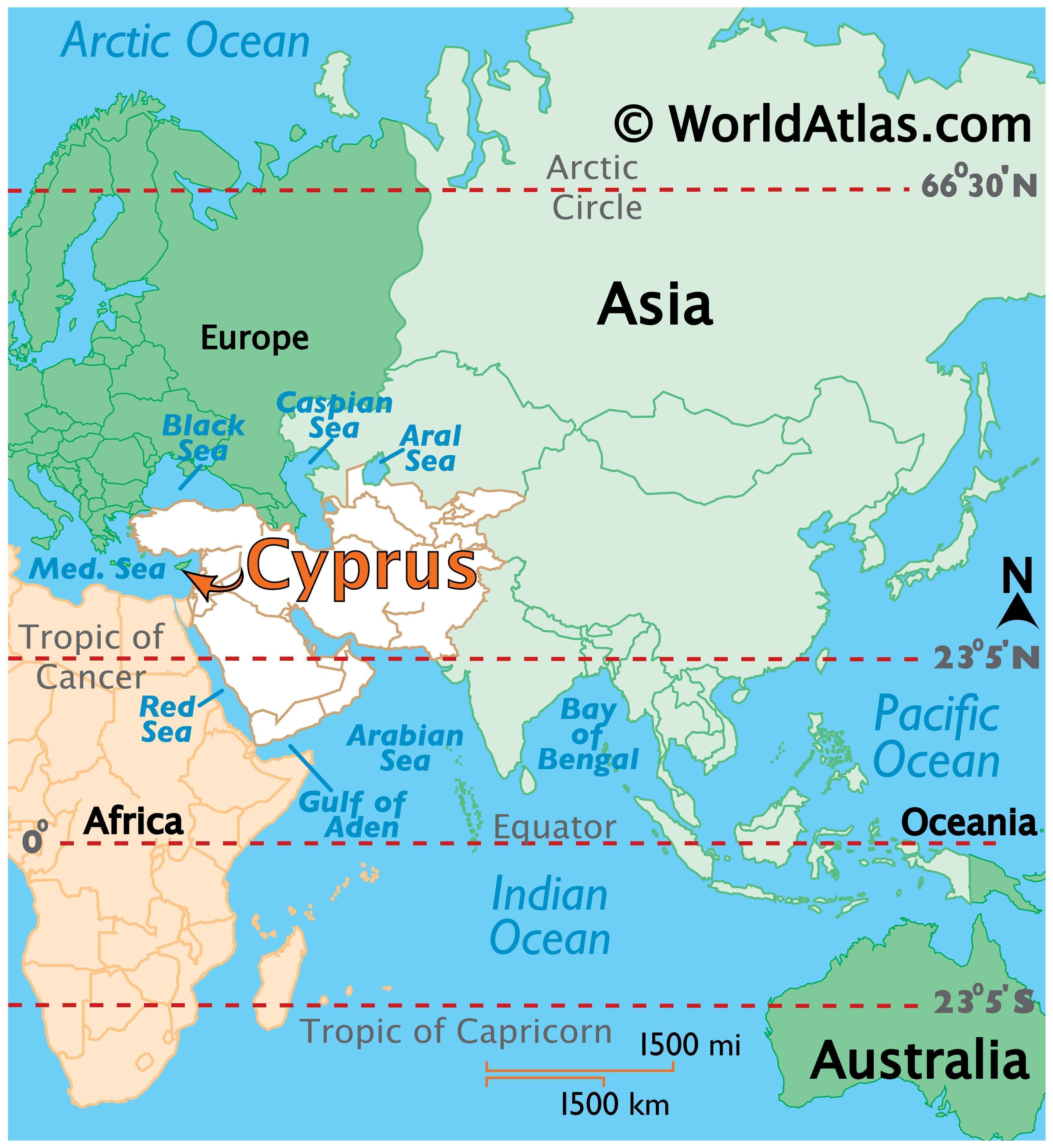
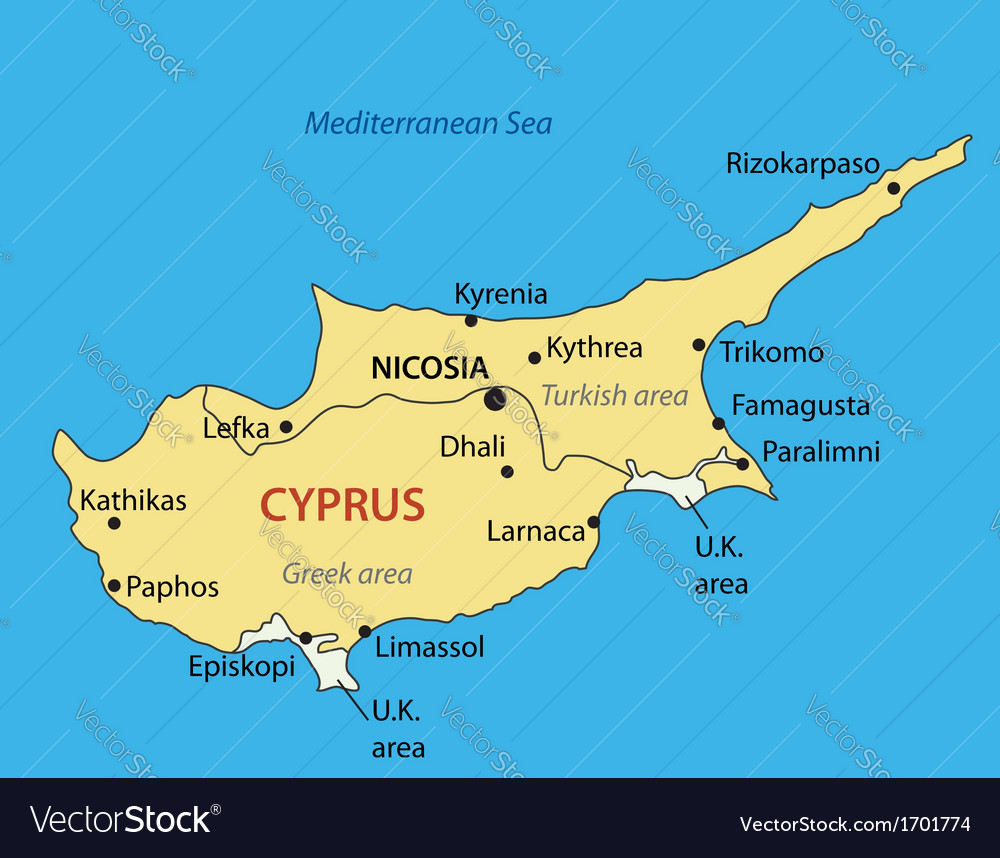
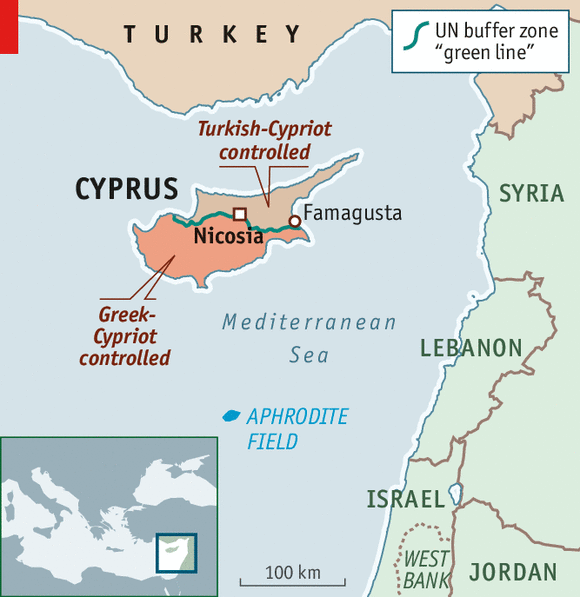
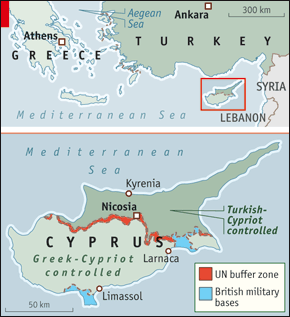
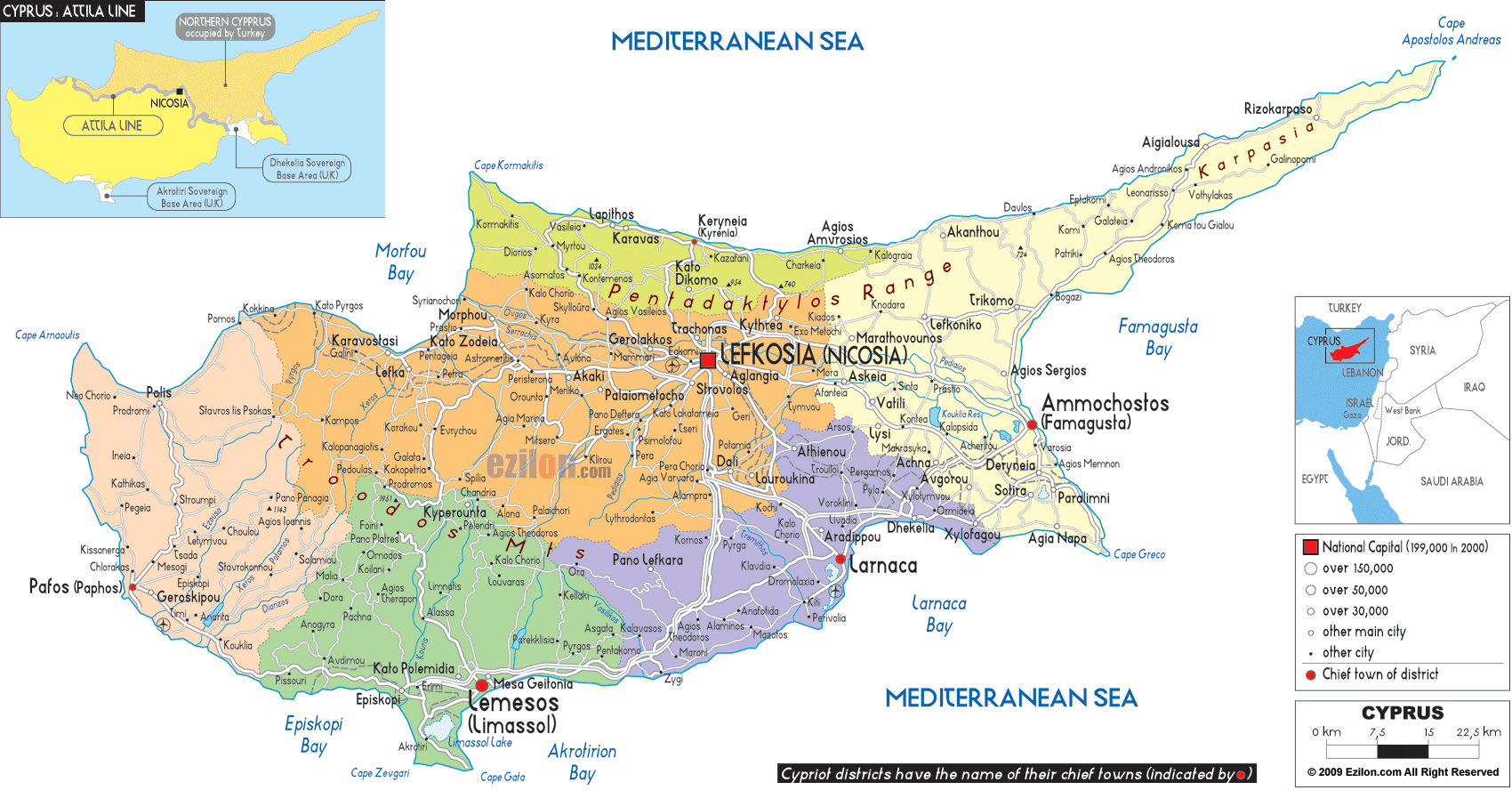

- OFFICIAL NAME
- Kipriakí Dhimokratía (Greek); Kıbrıs Cumhuriyeti (Turkish) (Republic of Cyprus); Kuzey Kıbrıs Türk Cumhuriyeti (Turkish) (Turkish Republic of Northern Cyprus)FORM OF GOVERNMENT
- unitary multiparty republic with a unicameral legislature (House of Representatives [801]), Republic of Cyprus; de facto republic with one legislative house (Assembly of the Republic [50]), Turkish Republic of Northern Cyprus
- HEAD OF STATE AND GOVERNMENT
- President: Nicos Anastasiadis, Republic of Cyprus; Mustafa Akıncı, Turkish Republic of Northern Cyprus
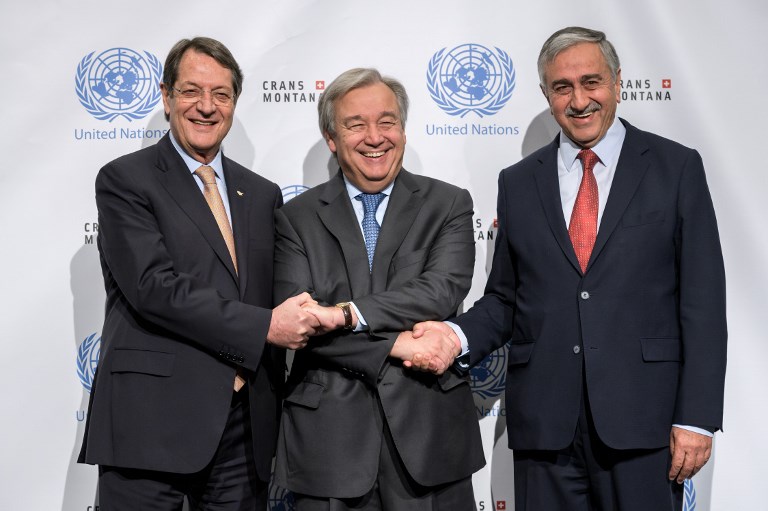
- Greek Cypriot President Nicos Anastasiades, UN Secretary General Antonio Guterres and Turkish Cypriot President Mustafa Akıncı
- CAPITAL
- Lefkosia (conventional Nicosia ), Republic of Cyprus; Lefkoşa (conventional Nicosia), Turkish Republic of Northern Cyprus
- OFFICIAL LANGUAGES
- Greek, Turkish, Republic of Cyprus; Turkish, Turkish Republic of Northern *
_______________________________________________
_______________________________________________
_______________________________________________
_______________________________________________

Greek Cypriot Muslims
Main article: Linobamvaki
In 1878 the Muslim inhabitants of Cyprus (constituting about 1/3 of the island's population, which then numbered 40,000 inhabitants) were classified as being either Turkish or "neo-Muslim." The latter were of Greek origin, Islamised but speaking Greek, and similar in character to the local Christians. The last of such groups was reported to arrive at Antalya in 1936. These communities are thought to have abandoned Greek in the course of integration. During the 1950s, there were still four Greek speaking Muslim settlements in Cyprus: Lapithou, Platanisso, Ayios Simeon and Galinoporni that identified themselves as Turks
Study finds Greek and Turkish Cypriots to be close genetically
JUNE 21ST, 2017 EVIE ANDREOU CYPRUS380 COMMENTS
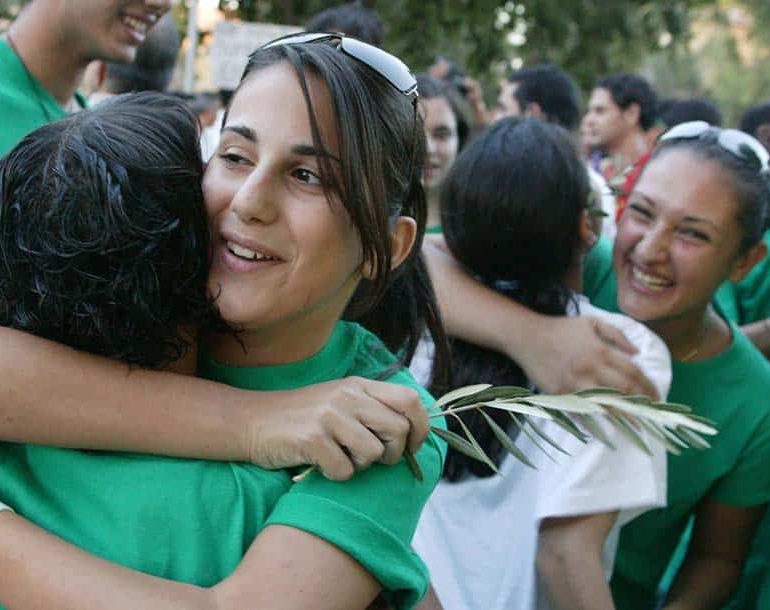
Greek and Turkish Cypriots have more in common than meets the eye, as according to a new DNA study most of them come from a single paternal gene pool of local origin and have very close genetic affinity.
The study, published in the scientific journal Plos One last week, found that Y-chromosomal analysis of Greek Cypriots reveals a common pre-Ottoman paternal ancestry with Turkish Cypriots. DNA, which contains every person’s genetic information, is found within chromosomes. Y-Chromosome analysis is used to research direct paternal ancestry.
The research – mostly carried out by a group of researchers from the Cyprus Institute of Neurology and Genetics (CING) – also indicated that Greek Cypriots in particular appear to share some haplotypes, or DNA signatures, with Calabrian Italians and Albanians, while Lebanese patrilineages also appear to be very close to those of both communities.
It also found that Libyan patrilineage is shared only with Turkish Cypriots. Moreover, Turkish Cypriots show evidence of genetic contribution over the past few centuries from mainland Turkey – around 3per cent – and to a lesser extent from North Africa.
The aim of the research was to determine paternal ancestry among the Greek Cypriot community in the context of the central and eastern Mediterranean and the near East, and to identify genetic similarities and differences between Greek Cypriots and Turkish Cypriots.
“Despite historical records on the origins of Greek Cypriots and Turkish Cypriots, the genetic ancestry of the two communities has not as yet been systematically compared,” the study said.
For the study, 344 Greek Cypriot men with no biological relationship and whose paternal grandfathers had confirmed Greek Cypriot ancestry were selected from the general population. The Greek Cypriots’ haplotypes were then compared to a publicly available Turkish Cypriot population sample as well as profiles from populations in West Eurasia and North Africa.
“Greek Cypriots and Turkish Cypriots share between them many more Y-chromosome haplotypes, both in relative and absolute terms, than with any other surrounding population,” the study said.
“The only Greek sub-population showing close genetic proximity to Cypriots (in terms of Y-haplogroup composition) is Cretan Greeks… It could be speculated that Cypriots and Cretans experienced very similar migratory events over the centuries,” it said.
The researchers said the genetic affinity observed between Cypriots and Calabrian Italians could be a result of a common ancient Greek (Achaean) genetic contribution to both populations, as both Calabria and Cyprus were settled by Achaean Greeks in the late Bronze Age.
High genetic affinity between Cypriots and Lebanese, the study said, can be explained by Phoenician migration from coastal Levant to Cyprus from the Neolithic to the Iron Age, Maronite migration up to the Middle Ages and other Levantine settlers during the Frankish era.
The survey confirmed the researchers’ assumptions that the high percentage of shared haplotypes between Greek Cypriots and Turkish Cypriots is primarily of local origin, meaning that they share a common local pre-Ottoman ancestry.
Moreover, it said, Turkish Cypriots “show evidence of recent (past few centuries) genetic contribution from mainland Turkey and the presence of minor Eastern Eurasian and North African paternal ancestry”. This is due to a population influx from Anatolia and other Ottoman regions in the South Caucasus, Central Asia, and North Africa to Cyprus during Ottoman rule.
The historical development of major church branches from their roots

_________________________________
Major branches and movements within Protestantism. Protestantism in general, as well as Restorationism in particular, claims a direct connection with Early Christianity.

_________________________________
_______________________________________________
_______________________________________________








